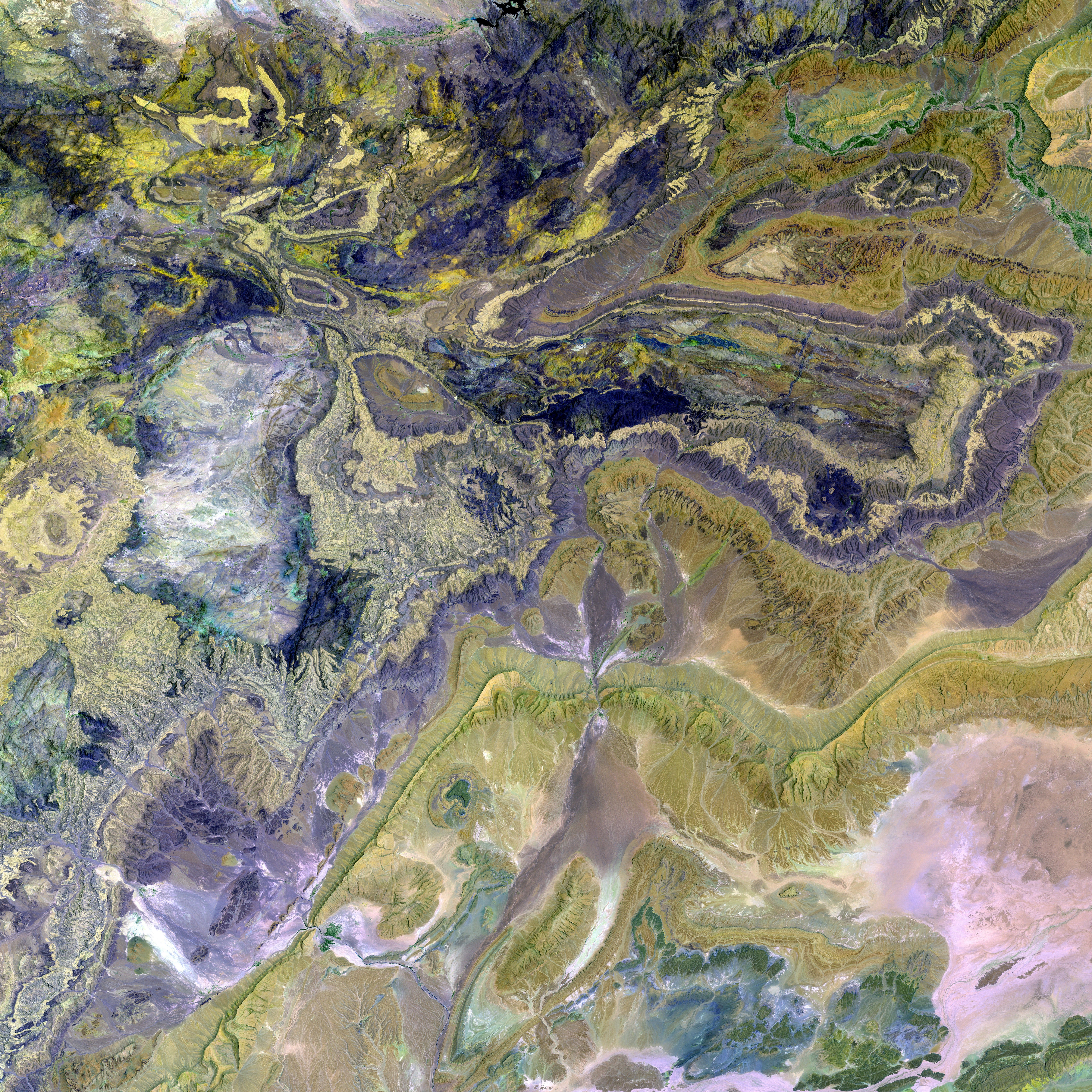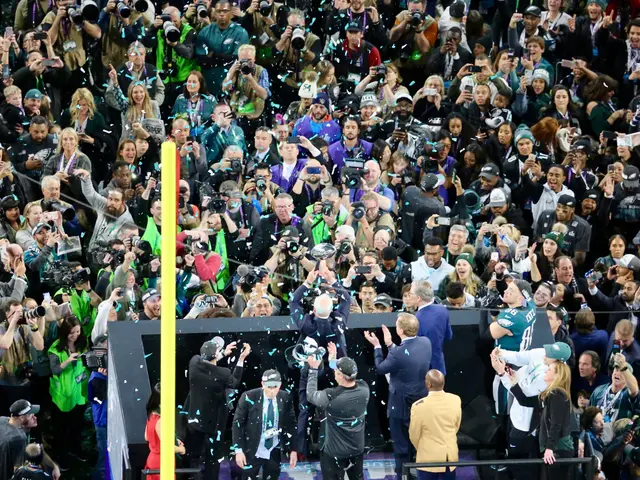Impact of tariffs on the running of the Kentucky Derby
A cloud of economic uncertainty looms over the Churchill Downs racetrack, the venue for America's longest-running sporting event, the Kentucky Derby. President Donald Trump's oscillating tariff policies have stirred up a storm, making it hard to predict the cost of materials and putting projects like the $900 million renovation by Churchill Downs on hold.
The track's CEO, Bill Carstanjen, admitted that uncertainty in the economy and the tariffs have prompted them to pause their construction project. The renovations— which included new seats, luxury suites, and infrastructure upgrades— were supposed to debut during the next racing season. However, the high cost of steel, an essential component in construction, and supply chain disruptions created a double whammy for Churchill Downs.
Carstanjen stated that the tariffs and the current economic climate have created unexpected and unquantifiable cost increases in materials. Despite the 151st Kentucky Derby being on track to meet its attendance, ticketing sales have shown some hesitation, particularly in the lower-tier tickets. Moreover, Carstanjen revealed a decline in certain betting areas such as sports wagering, amounting to more than $1 million. He attributed this to faltering consumer confidence.
Kentucky Governor Andy Beshear, a Democrat in a heavily Republican state, called Trump's tariffs "an attack on the American people." Both Republican senators from Kentucky have also criticized the president's economic strategy.
Many Derby-goers were cognizant of Churchill Downs' announcement, especially those who had been anticipating the renovations. Ed Massey from New Jersey, a long-time Derby attendee, insisted that the spirit of the event would not be dampened by tariffs. However, he expresses worry about the event's future growth due to these uncertainties.
The tariffs are not just affecting horse racing and betting; they're impacting agriculture, energy, manufacturing, and even bourbon, with a $9 billion impact on Kentucky's economy. The Kentucky Chamber of Commerce estimates that these tariffs will cost the average Kentuckian up to $1,200 per year and involve approximately 480,000 jobs that depend on trade.
- The uncertainty in the economy and the tariffs have forced Churchill Downs to momentarily halt their $900 million renovation project.
- The high cost of steel, a key construction material, and supply chain disruptions due to the tariffs have posed a significant challenge for the track's renovations.
- The CEO of Churchill Downs, Bill Carstanjen, has acknowledged that the unexpected and unquantifiable cost increases in materials due to tariffs have created a predicament.
- Kentucky Governor Andy Beshear, along with both Republican senators from Kentucky, has criticized President Trump's tariffs, viewing them as a detrimental economic strategy.









